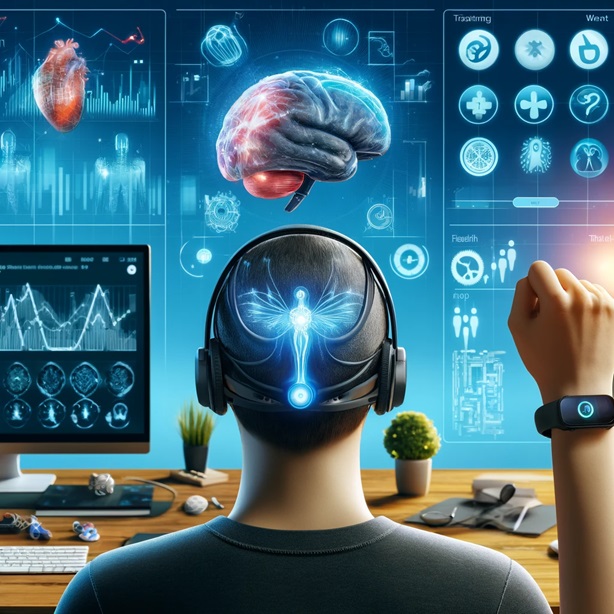Introduction to Mental Agility and Technology
Mental agility refers to the ability to think, learn, and quickly absorb new information, adjust on the fly to changing conditions, and solve problems with innovative solutions. In today's fast-paced world, enhancing mental agility has become crucial for personal and professional success. Technological advancements have introduced a range of tools that assist in training and monitoring cognitive abilities, offering promising methods to enhance mental performance.
This introduction highlights the increasing importance of cognitive flexibility and rapid problem-solving in various domains such as education, healthcare, and business, driven by the accelerating pace of change in technological landscapes.
Review of Top Brain Training Apps
Brain training apps like Lumosity, Peak, and Elevate are designed to improve attention, problem-solving skills, and cognitive flexibility. These apps provide a variety of targeted exercises aimed at enhancing different aspects of brain function. User feedback generally highlights improvements in memory retention and mental clarity, making these tools valuable for individuals looking to boost their mental agility.
Detailed descriptions of specific exercises and their intended cognitive benefits help users understand how regular engagement with these apps can lead to measurable improvements in brain function.
Wearable Technology for Cognitive Enhancement
Wearable tech such as the Muse headband and Fitbit are increasingly being utilized to support cognitive enhancement. These devices often integrate with mobile apps to provide real-time feedback on brain activity, heart rate, and sleep patterns, which are all crucial for maintaining optimal mental health. The Muse headband, for instance, guides users through meditation exercises that help improve focus and reduce stress.
Further examples include smartwatches that use biofeedback to help users manage stress in real-time, and eyewear that utilizes AR to overlay cognitive exercises throughout daily tasks.
Emerging Technologies in Mental Fitness
Innovations such as virtual reality (VR) and augmented reality (AR) are on the rise, offering immersive experiences that promote cognitive training in novel and engaging ways. For example, VR applications can simulate environments that test and develop spatial awareness, decision-making skills, and memory. Early studies suggest that such immersive experiences can lead to significant improvements in cognitive function.
Potential developments include adaptive learning environments that adjust challenges in real-time based on user performance, enhancing the efficiency and effectiveness of cognitive training.
Considerations When Choosing Technological Tools
While technology offers extensive benefits for improving mental agility, users must consider factors such as usability, privacy, data security, and cost before committing to specific tools. It is also important to consult healthcare professionals when using tech solutions for cognitive enhancement, particularly for individuals with pre-existing mental health conditions.
A guide to evaluating technological tools based on user experience, expert reviews, and scientific backing is provided to help users make informed decisions that align with their specific needs and goals.
Conclusion
The integration of technology into mental agility training presents exciting opportunities for cognitive enhancement. By selecting the appropriate tools and using them consistently, individuals can significantly enhance their mental flexibility and responsiveness, key traits needed in today's ever-changing environment.
As the field evolves, continued research and user feedback will be essential in refining these technologies to ensure they meet the complex demands of modern life effectively and safely.
